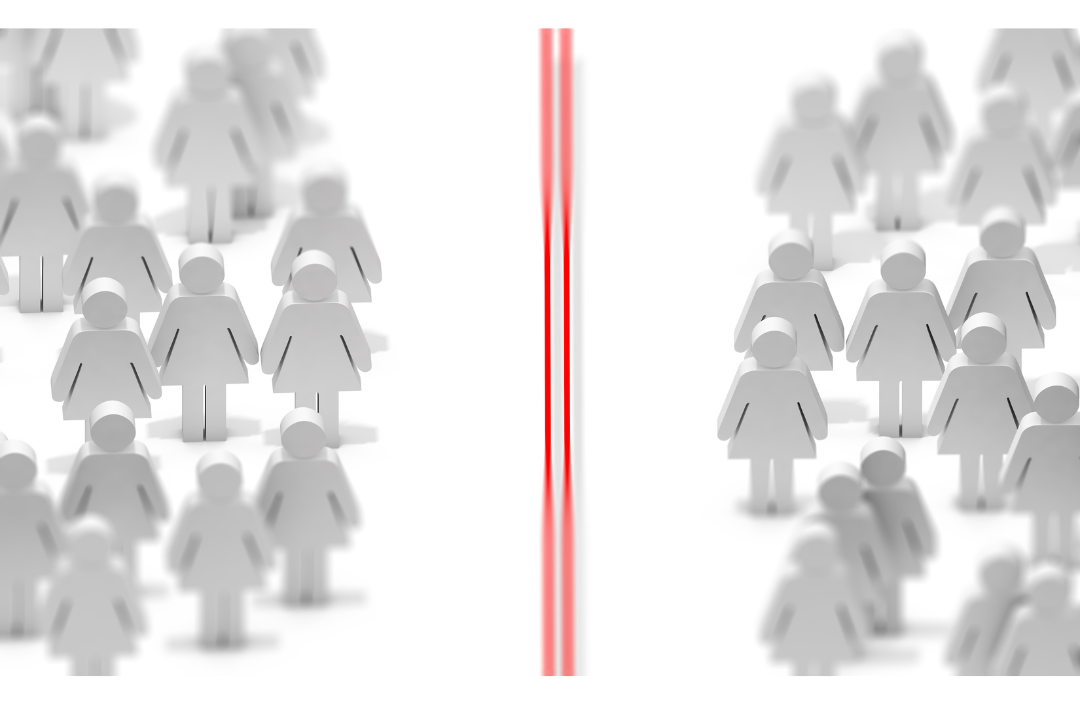Division Within Society
April 25, 2025 | Charlotte Cuthbert, Communications Coordinator with CFFO

DIVISON IN SOCIETY
In today's world, society seems to be more divided than ever. Whether it's political ideologies, social issues, or cultural differences, people often find themselves at odds with each other. This division isn't just a surface-level issue—it's deeply ingrained in our communities, our media, and even within families. The sense of unity that once defined much of the collective experience has been replaced by a sense of “us vs. them.” So, the question becomes: How did we get here, and more importantly, how can we fix it?
One of the main reasons societies feel so divided today is the overwhelming presence of polarization. With the advent of social media, it’s easier than ever to find like-minded individuals, but this also means people often isolate themselves in ideological echo chambers. These digital spaces, while convenient for finding community, can reinforce divisive thinking and demonize anyone who doesn't share the same views.
In politics, the left-right divide has only intensified over the past few decades. Instead of discussing differences and finding common ground, the focus has shifted to winning battles. Political leaders often fuel this divide, prioritizing winning votes and power over fostering understanding. This creates a "tribal mentality," where the enemy isn’t just a political opponent but an enemy of society itself.
Cultural factors also play a significant role in division. As people become more aware of social justice issues, differing opinions on race, gender, and identity cause friction.
The consequences of a divided society are profound. First and foremost, it hampers progress. When communities are at odds, finding solutions to common problems becomes a daunting task. The polarization of perspectives creates gridlock, whether it's in government, business, or daily life.
Furthermore, division breeds distrust. People become skeptical not only of political opponents but also of friends and family members who hold differing views. This erosion of trust weakens social fabric and the ability to engage in civil discourse. In extreme cases, it leads to radicalization, where individuals become so entrenched in their beliefs that they are no longer open to dialogue.
The path to healing a divided society is not an easy one, but it's not impossible. It requires intentionality, empathy, and a willingness to listen and engage in difficult conversations. We can be reminded of Jeremiah 29:11 – “For I know the plans I have for you, declares the Lord, Plans for welfare and not for evil; to give you a future and a hope” Sometimes it may feel hard and very uncertain of the future; but our trust should never waiver.
While the challenges of healing a divided society may seem daunting, the power to change lies in our ability to engage with one another in meaningful, compassionate ways. It’s about reclaiming the art of listening, learning to see humanity in others, and working together toward a common goal.
“The Lord is good, a strong refuge when trouble comes. He is close to those who trust in him” Nahum 1:7
 Skip to main content
Skip to main content